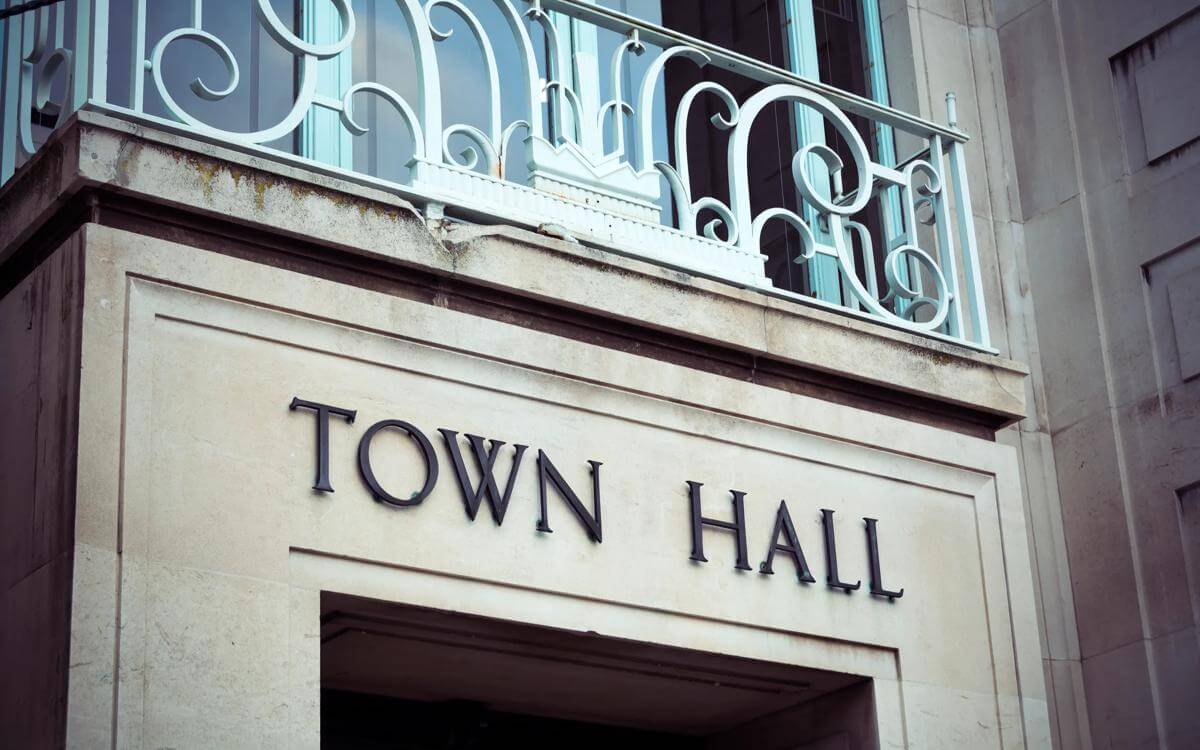General elections – the role of the Acting Returning Officer
If the news is anything to go by, we are likely to have our third UK Parliamentary Election in five years soon.
This article is taken from September's public matters newsletter. Click here to view more articles from this issue.
If the news is anything to go by, we are likely to have our third UK Parliamentary Election in five years soon. This is despite the Fixed-term Parliaments Act 2011 which was intended to take the politics out of calling elections.
If an election is called, it will be against a backdrop of a charged political climate and the recent creation of a new and potentially major political party (the Brexit Party). From the perspective of an Acting Returning Officer the combination of inexperienced candidates and a charged political climate heightens the risk of something unexpected happening and of challenges being made against the way the vote has been managed.
Although mistakes do happen and can usually be rectified, the reputational damage that can flow from even simple errors can be significant. A mistake with the allocation of block votes led to 41,939 votes being counted in a small constituency in England that only had 7,000 registered voters and where only 2,477 ballot papers had been issued. The mistake led to the formation of a residents’ campaign group, a court supervised recount and costly High Court proceedings.
Now is an opportune moment for Acting Returning Officers to review their election plans, to ensure that they meet the relevant legal requirements and that contingency arrangements are in place to respond to a snap election.
The role of an Acting Returning Officer is to ensure that the election is administered effectively. It should be remembered that Acting Returning Officers can appoint one or more persons to discharge any of their functions; however they cannot delegate responsibility for delivering the election.
So what should Acting Returning Officers be doing? In theory, as electoral law hasn’t changed, Acting Returning Officers should be doing exactly the same as they have in relation to previous elections. However in practice there are a number of steps which may assist Acting Returning Officers. These include:
- considering the candidate registration process. There may be an increase in inexperienced candidates (both due to candidates being fielded by the Brexit Party and the high profile loss of the Conservative whip for over 20 current MPs). Have candidates followed the correct procedure? Additional resources may be required to assist candidates with the registration process.
- considering how the current procedure would cope with a significant increase in turnout. For example is there sufficient capacity in the polling stations, have sufficient staff been trained in order to ensure that votes are verified and counted in a reasonable timeframe (with the verification having taken place before 2am). Considering this at an early stage is essential, as adjusting plans later is often more difficult.
- reviewing the voter registration process. If an election is called, it is likely to be seen, at least in part, as a vote on how (and if) we should leave the European Union. It is possible that there could be a surge in the registration of new voters. Sufficient staff need to be trained and available to processes applications. In my experience, just because the public has been reminded to register to vote a number of months doesn’t mean that a significant proportion won’t try to do so within a few days of the deadline. Councils must be able to deal with any last minute registrations.
- training polling station staff to manage difficult situations. Whether or not we leave the European Union is an emotive issue and polling station staff will need to know what to do in the case incidents in and outside the polling station. This could include being aware of how the police should be alerted if necessary (often local police forces will provide a dedicated number that polling station staff can use).
- reminding staff how to deal with media. There is undoubtedly going to be significant media interest and staff will need to be reminded of what they can and cannot say.
- staff and the public should also be reminded of the significant number of electoral offences. The integrity of the count is paramount.
- a person may act as a proxy for any number of close relatives, but a person may not have more than one proxy at a time. The proxy must be registered in accordance with the relevant deadlines, but contingency plans should be put in place ahead of time to deal with any emergency proxies required.
- ballot papers must by law be printed in accordance with the directions for printing in the appendix to the relevant election rules. It is strongly advisable that as a minimum, enough ballot papers to meet a 100% turnout should be printed (I have encountered a situation where a higher than average turnout almost left the local authority with insufficient ballot papers - a situation that no Acting Returning Officer wants to find themselves in!).
- although polling stations close at 10pm, any voter in a queue at their polling station at 10pm may still apply for a ballot paper. Efficient planning should ensure that queues should not cause significant delays, however if it is anticipated that queue management may be an issue prior arrangements should be agreed with the local police.
Ultimately Acting Returning Officers need to ensure that they fully understand the legislative framework concerning the conduct of the election, and have an effective management procedure in place, so that they are able to respond to any unforeseen or unusual situations. Acting Returning Officers who, without reasonable cause, are guilty of any act or omission in breach of their official duties are liable on summary conviction to an unlimited fine. Accordingly it is important that acting returning officers have the correct insurance cover.
Browne Jacobson is able to offer support both in the run-up to the election and during the poll and count. If you would like more information on this or any aspect of electoral law, please contact Ben Standing, who is part of our government sector team.









































